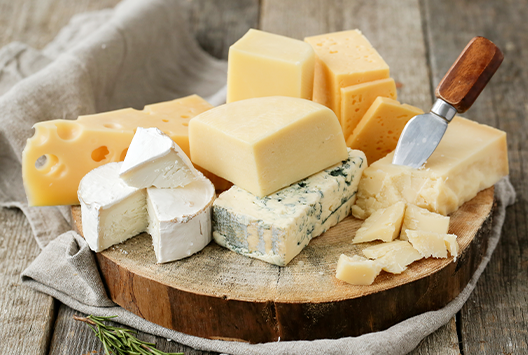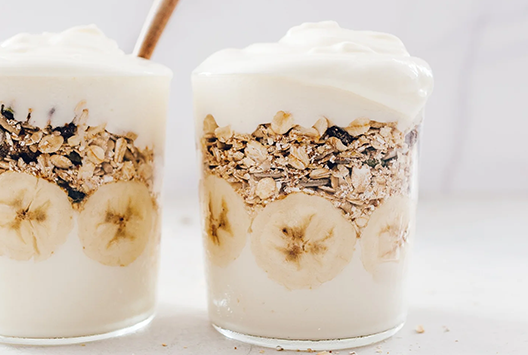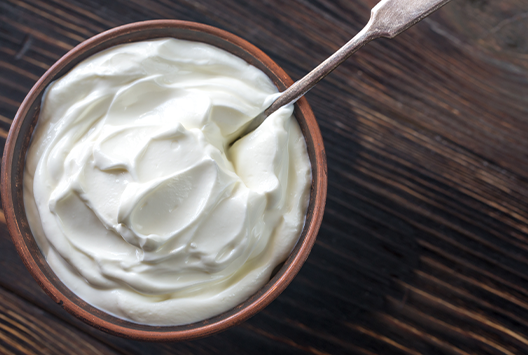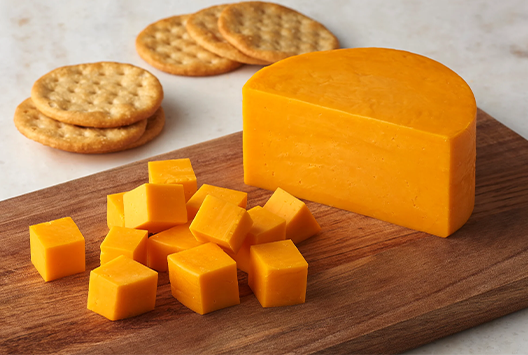
What are the Benefits of Eating Cheese?
Similar
Cheese is one of the most popular foods in the world — and can you blame it? It’s delicious, versatile, and loaded with nutrients. Made from curdled milk that has been drained and aged, cheese can be used in a variety of different recipes, both savory and sweet. And that’s what makes it so awesome.
Aside from this, cheese has so many health benefits that make it a great choice for those looking to improve their overall well-being. We’ve listed some of them down for you:
Cheese helps keep your gut healthy
Cheeses like Gouda, Cheddar, Edam, Gruyère, and Swiss are excellent sources of probiotics that produce short-chain fatty acids, which help promote healthy gut flora. This is essential for proper digestion and absorption of nutrients. It is important to note that the intake of cheese should be raw and organic to ensure that the probiotic content is retained.
Cheese may help fight cavities
Your overall oral health is directly linked to your diet. It goes without saying that eating a lot of sugar and processed foods causes an overgrowth of harmful bacteria in the mouth, leading to tooth decay and cavities. Eating cheese can help combat this. A study from the National Library of Medicine suggests that eating cheese after meals may help reduce the risk of cavities. This is because cheese contains casein, a protein that breaks down in the mouth and releases calcium ions. These ions bind to harmful bacteria and prevent them from sticking to your teeth.
Cheese can help boost your calcium intake
An average adult needs around 1,000 milligrams of calcium every day. This is because it’s necessary for strong teeth and bones. Eating cheese can help you meet your daily calcium intake requirements. To give one example, a serving of cheddar cheese contains about 300 milligrams of calcium, which is about a third of the daily recommended intake.
Certain cheeses can help keep your heart healthy
The best cheeses for maintaining good heart health are those with lower saturated fat and sodium, two things that are known to cause damage to the heart. Options like Swiss cheese, Mozzarella, Feta, cottage and ricotta cheese are good choices. Additionally, it’s important to opt for low-fat options if you’re at risk for heart disease, according to the Heart Foundation.
Say cheese to a healthier YOU!
Cheese is a great food that anyone can enjoy. It is packed with nutrients and vitamins and can be used in many different recipes, which makes it a great addition to any kitchen. Just like anything, moderation is key, and choosing the right cheese makes all the difference. So, the next time you are craving cheese, make sure that you include it in a balanced diet to ensure you’re not overconsuming saturated fat or sodium. It’s also important to get your cheese from a trusted source.
At Baladna, we offer a wide range of cheeses. Our products are made with the freshest ingredients and are sourced directly from our farm, which is why you can be sure that they are always fresh and delicious. So if you love cheese as much as we do, head to Baladna’s website today and explore the variety of options available.



